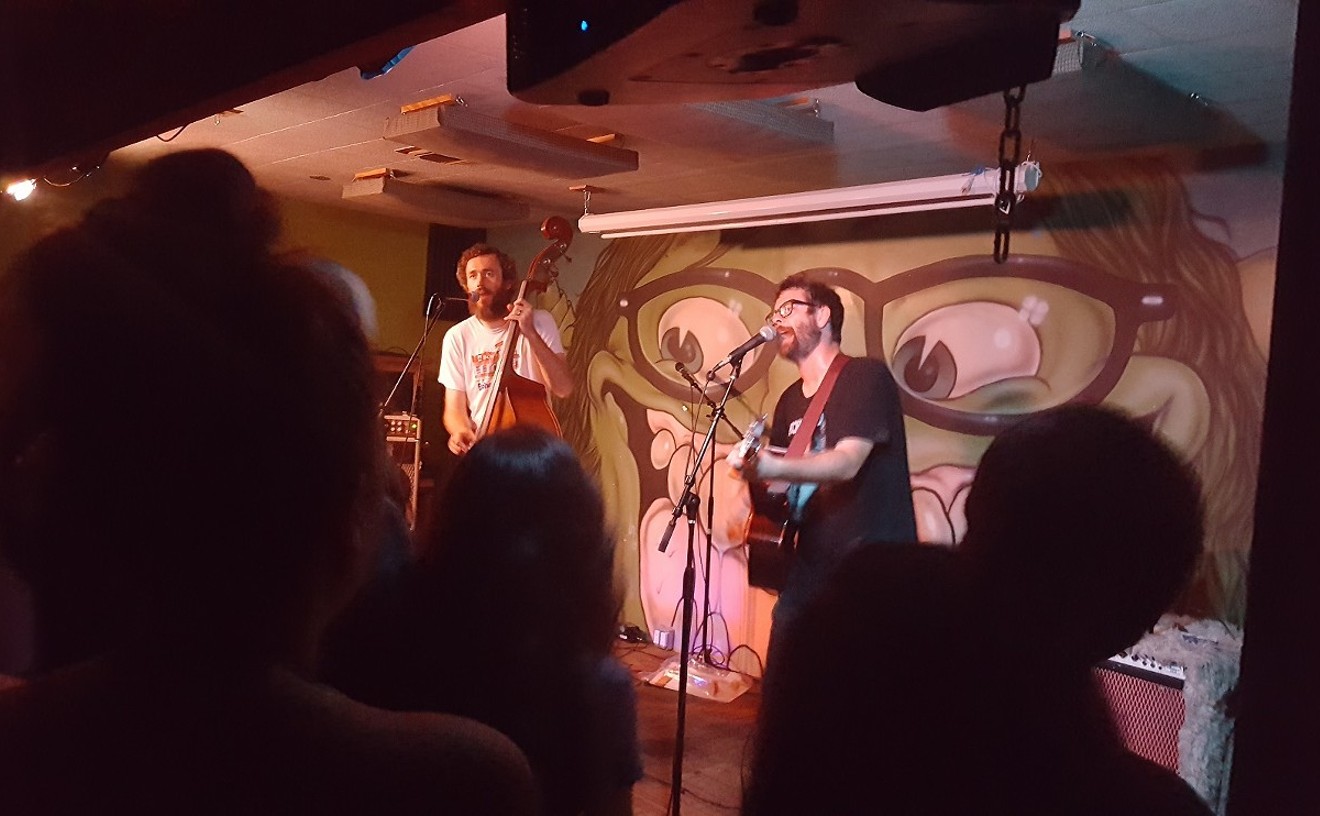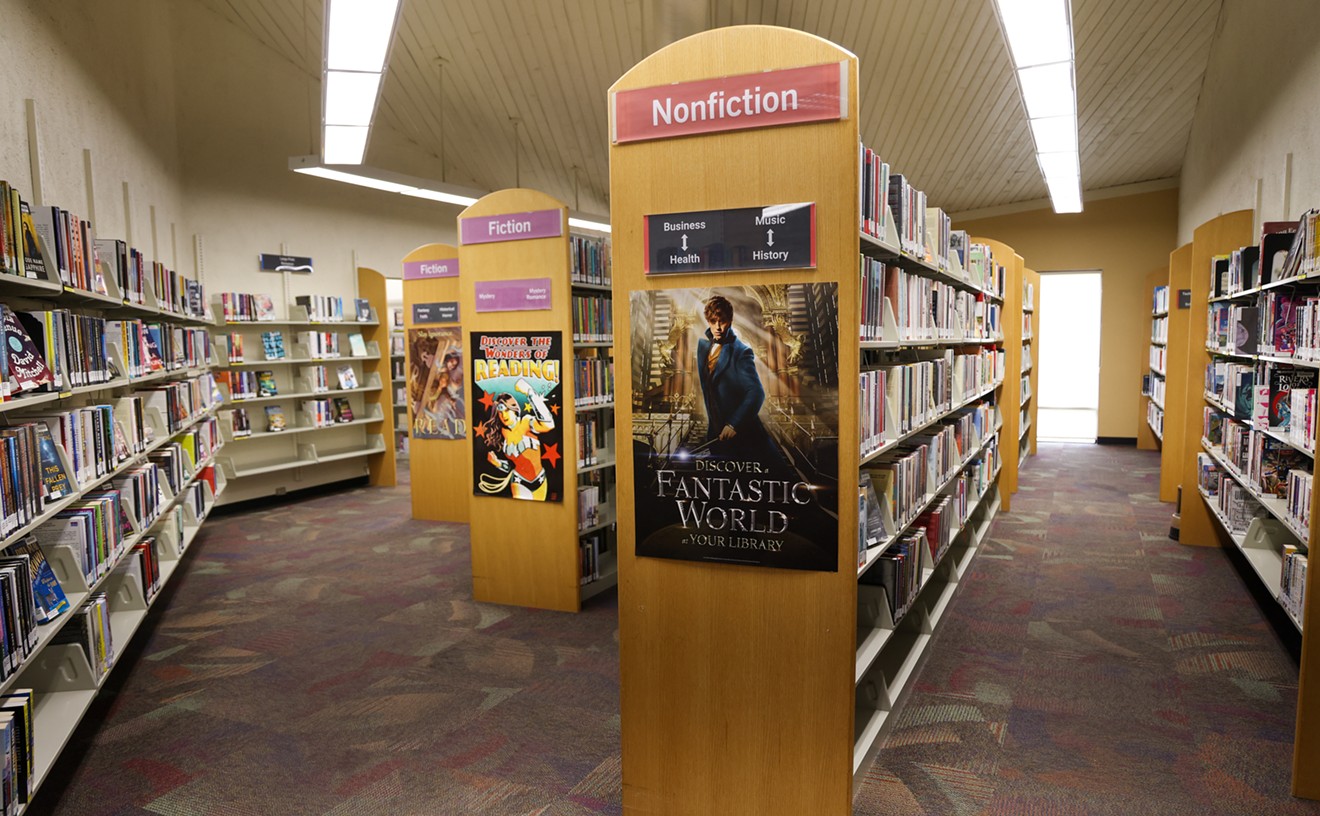It's not always remembered that before the Western became one of the most familiar movie genres, it had a rich history in the American theater. So it was natural that it would make it to the operatic stage as well. Puccini's 1910 work, the first opera ever to have its world première at the New York Met, was adapted from David Belasco's stage chestnut of 1905. It's set in the mountainous wilds of California during the gold rush, and the plot takes the form of a triangle between the title character, the pure-hearted Minnie, and the two men who love her.
Minnie runs the Polka Saloon, where she keeps the men working claims in the area in line with Bible lessons, gentle reproaches and the occasional rifle shot into the ceiling when things get too rowdy. She's a doggedly virtuous, Little Mary Sunshine-type heroine (the same source material was later turned into a Nelson Eddy-Jeanette MacDonald musical) who's never had a lover, and she serves as den mother, teacher, cleric, big sister and romantic ideal to the gold-crazed, homesick galoots. The tough baritone sheriff, Jack Rance, is in love with her, but she dismisses him because he has a wife. She does, however, have it bad for your basic Tall Handsome Tenor Stranger, who walks into the saloon calling himself "Dick Johnson," but who, it turns out, is actually the notorious bandit Ramerrez.
Jack eventually learns his rival's true identity, and tells Minnie. Trouble ensues, most notably in the scene in which Minnie plays Jack at poker. If she wins, he leaves her with his prize, the wounded Ramerrez; she promises herself to Jack if she loses. This tasty piece of high melodrama is the musical and theatrical highlight of the show, and the Arizona Opera production brings it off in fine style.
But in other respects, both the work and the production have limitations. The music is very pretty, in that sweeping, expansive manner that European composers decided was what the American West sounded like, but it lacks the charge, the dramatic intensity of Puccini's more familiar operas. Then there's the third-act finale, in which a posse has captured Ramerrez and is about to hang him just as Minnie shows up. The outcome is a bit hard to swallow, even by opera standards.
The Arizona production, which moves from Tucson to Symphony Hall in Phoenix for the weekend, is mounted on an impressive set, with steeply raked platforms and mountainous backdrops and fake snow flurries creating a nice sense of precarious verticality. But the vocals, especially the group vocals, are often so thin and weak that you might think they were actually sung at that altitude. Mary Jane Johnson, the January 19 Minnie (she alternates the role with Pamela South), was warm and touching, and she had some striking vocal moments, as well, especially in the aforementioned poker scene, but at other times she was all but inaudible. The standout voice was Donnie Ray Albert, a splendid, baleful Jack Rance (he alternates the part with Eduardo del Campo).
But if Girl of the Golden West is more curio than masterpiece, it's nonetheless a flavorful curio, and a notch that both opera and Western nuts will want to add to their gun belts. There's a line in the libretto that probably plays more amusingly here than it would anywhere else -- when Ramerrez has been captured, it's said to be "a great day for Wells Fargo." Sure enough, a check in the program confirms that the corporate sponsor for this production was none other than Wells Fargo. I bet the company's the first opera sponsor that ever managed to get a product placement out of the deal.










